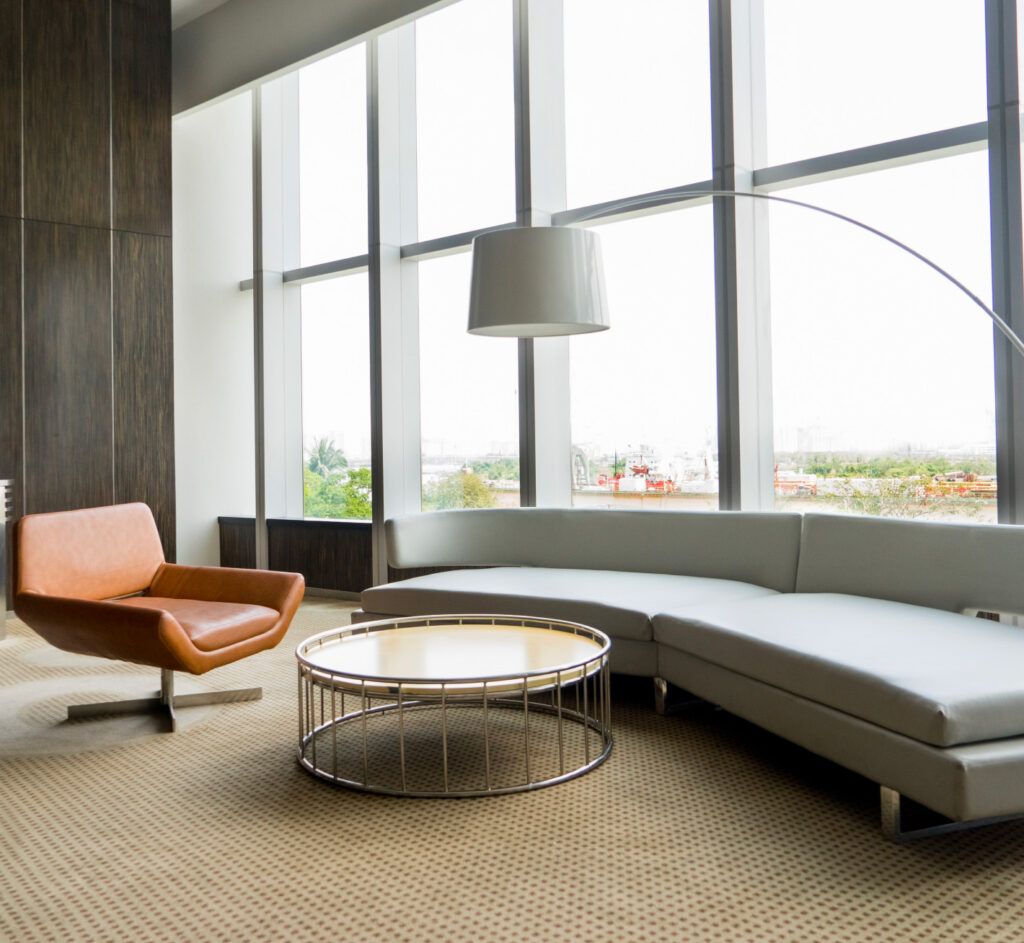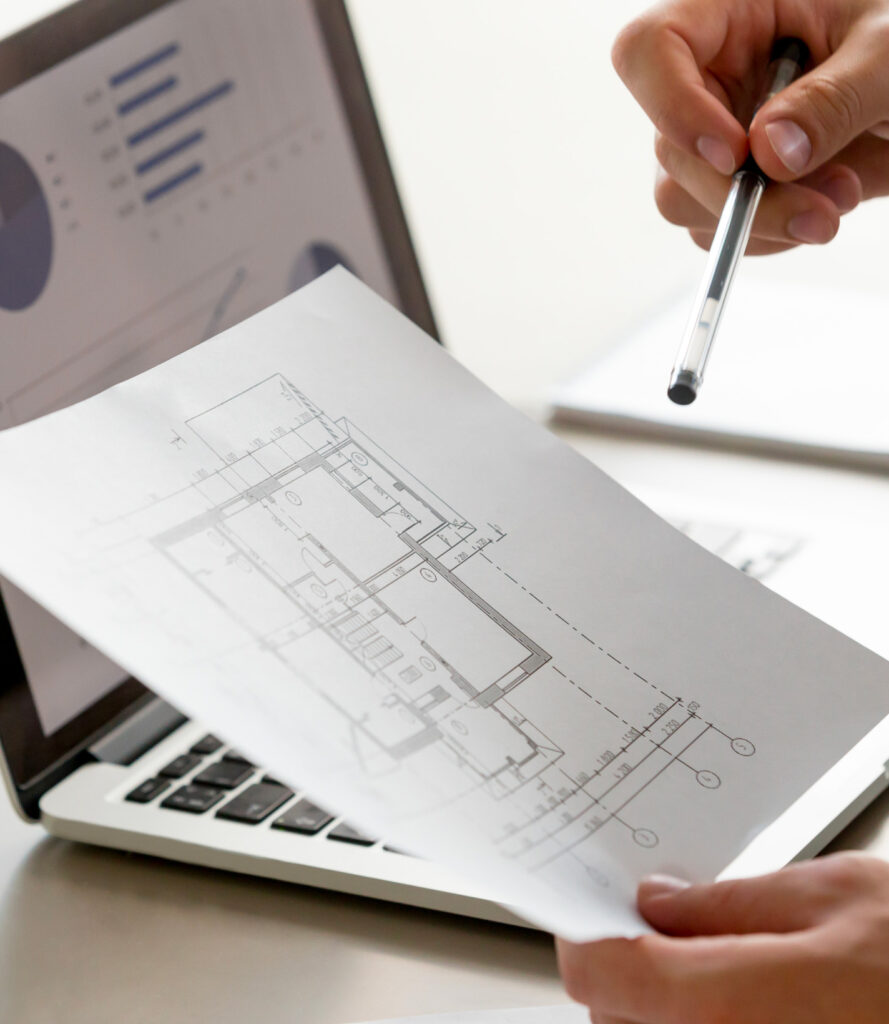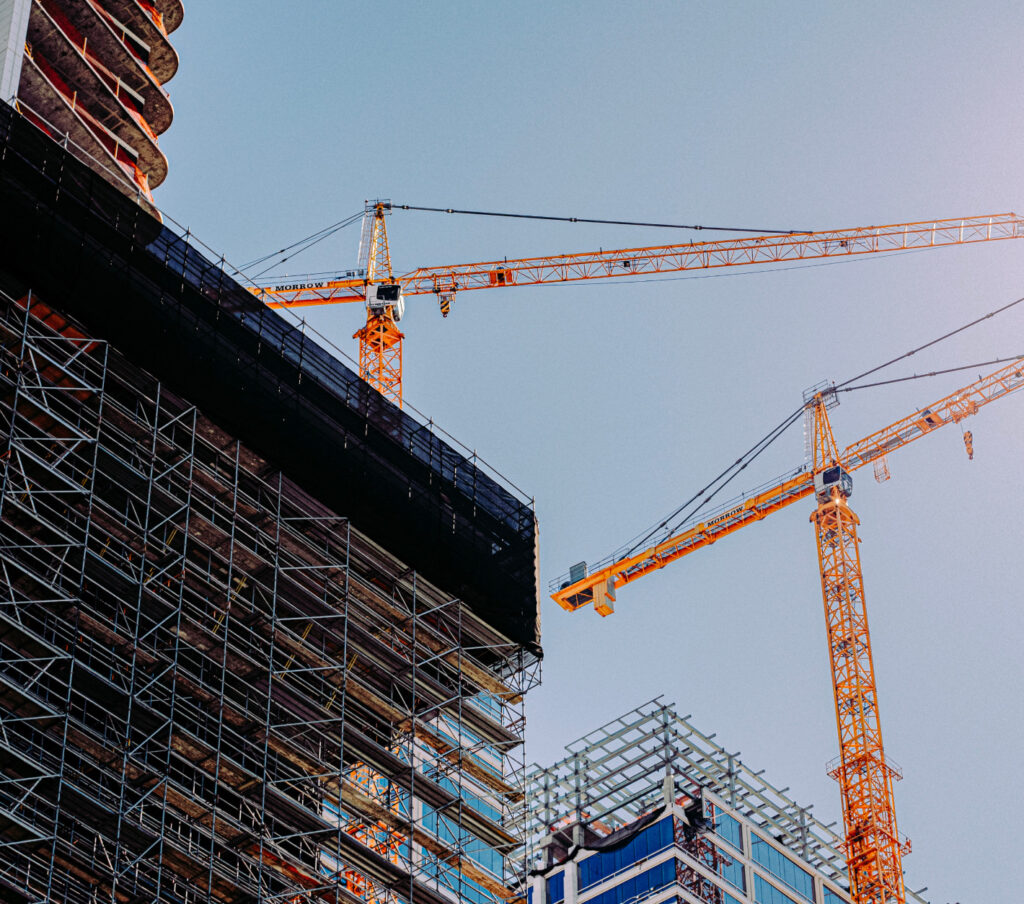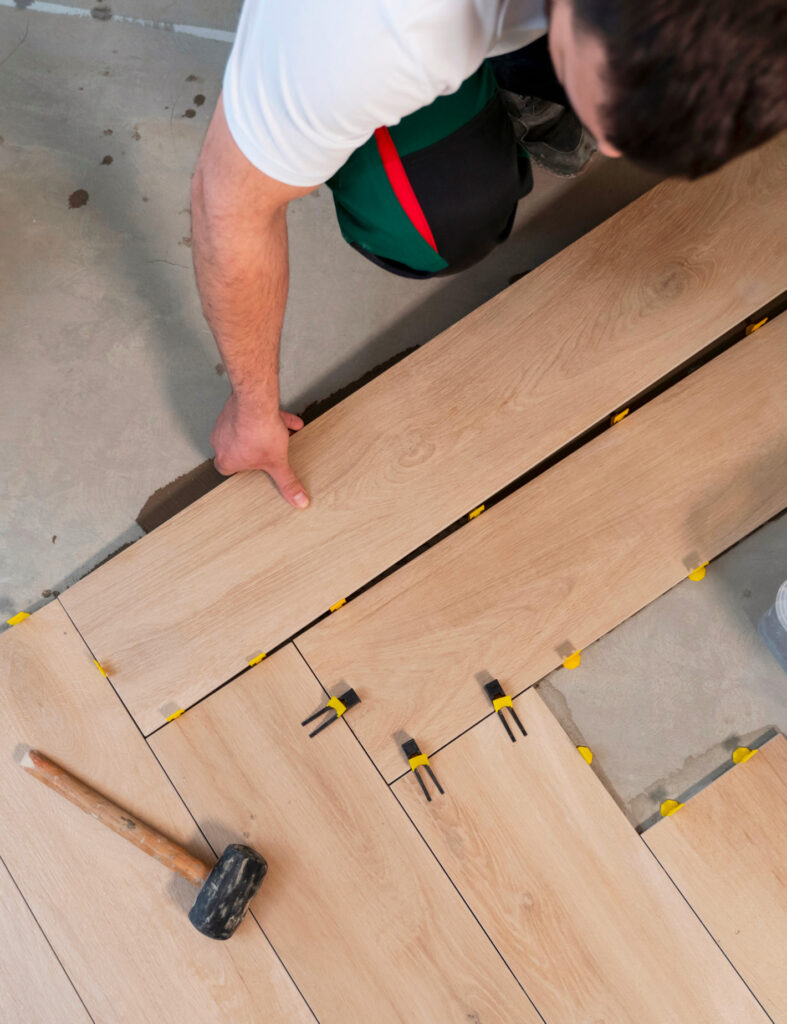How to avoid risks when buying a new apartment?
Part 1: possible financial losses and operational problems.
Many people are aware of the advantages of buying a new-build apartment:
- potential investment income;
- the initial investment is 10-30% of the cost of the apartment, depending on the stage of construction (the remaining is paid when the completed property is handed over to the buyer);
- the opportunity to get a new property filled with the latest technological innovations.
However, there are also disadvantages. This article is about what they are and whether they can be avoided.
All risks of investing in a new building can be divided into three groups according to the nature of the consequences:
- major financial losses;
- problems in the operation of the apartment;
- impractical and unaesthetic interior design.
In this article, we will focus on the first two risk groups. In the follow-up we will describe the third type of potential problems.
The first group of risks

1. Prices in the property market could drop significantly
An example of this is the dramatic fall in the value of apartments and houses during the 2008 financial crisis. Such a risk is difficult to confront.
There can be two recommendations:
- When deciding to buy a property, it makes sense to analyze whether the market is overheated, how much and at the expense of which factors the prices rose in the last year or two in a given location, and whether the purchase price corresponds to market prices for similar properties.
- In the case of a decrease in value, be patient. Markets always follow a rising and falling cycle. On the horizon of a few years, the fall is followed by a rise. In addition, inflation is constantly pushing up the price of all commodities and the demand for residential property is increasing along with the population.
2. The development company is bankrupt
In this situation, the buyer is protected by law in many countries.
For example, in Spain, the development company either provides buyers with a bank guarantee for the advance payments, or the buyer makes an advance payment to the account of a notary, who will return the money if the house is not built.

It is also a good idea to analyze the real estate developer before making a deal by answering the following questions. How many years has the company been on the market? How many projects has the company completed? How many projects does this company have in its current portfolio? Can you see the quality of the projects already built? What are reviews of the company in the press, the internet, and social media?
Ideally, it would be good to understand the company’s financial performance over the last three years: is there a net profit, is revenue growth, is EBITDA (earnings before interest, taxes, and depreciation) positive, is the net debt/EBITDA ratio (less than four is optimal)?

3. The building is constructed with deviations
The building is constructed with deviations from the architectural design which prevent the building from being commissioned or causes heavy penalties for the owners.
If the building is not finished, the ownership of the apartment will not be transferred to the buyer.
Consequently, in this case, the refund will be made by the bank on the guarantee or by the notary if the advance payment has been deposited with the notary.
The situation is more complicated if the buyer received the property title of the apartment, thereafter the current building owners have been fined because of irregularities in the construction phase. For example, the height of the building is not as designed, or the walls of the building protrude outside the plot of land.
To reduce the likelihood of such problems, it is advisable to negotiate with the development company at the time of purchase for contractual clauses stipulating the developer’s liability, such as fines. It makes sense also to involve lawyers in the negotiation of the contract. Otherwise, you will have to involve lawyers later when the problem arises.
The second group of risks
leads to significant difficulties in the operation of the apartments. The following problems may occur.

1. Poor quality construction work
Unfortunately, sometimes a developer may hand over to a buyer an apartment whose construction quality is unsatisfactory. For example, the walls are not built at 90 degrees to the floor, the floor has a slope, or the windows do not close.
The risk is minimized by buying the property from a reputable company on the market. Even so, we advise being very careful when handing over the apartment you have bought so that you can find any faults and demand to correct them. It is better to hire a professional for such work.
2. Hidden defects
You might find that the underfloor heating does not work in all areas, rainwater coming from the terrace into the living room when it rains, or there is a crack in the windowpane.
Don’t let that upset you. The development companies usually provide a guarantee for the quality of the construction work. So, if there are any major faults, there is a chance to have them fixed at the expense of the company that sold you the apartment. The question is how long it will take to fix the problems.
Let’s imagine that the investor has bought apartments in Mallorca and the windows were supplied by a Portugal vendor. In this situation, the developer will accept the application, then make a claim to the Portuguese company. The window manufacturer will then leisurely produce a new window, bring it to the island, and replace the faulty one. In our experience, it can take up to a year to replace a cracked windowpane.

To avoid such complications, pay attention to the manufacturers of home equipment: windows, doors, air conditioning, smart home systems, appliances, built-in wardrobes, and kitchens. The best choice is installing equipment from quality brands that have a presence in the same region where the new building is located.
It is also advisable to insure the newly acquired property.
